At Northeastern University London, we uphold the highest standards of academic and professional integrity across all aspects of our institution. Our commitment extends beyond compliance with regulatory requirements – fostering a culture where ethical decision-making, transparency and accountability are fundamental to everything we do.
The following pages outline how we fulfill this commitment for researchers, regulators and funders.
Research governance
Research governance encompasses the management structures that oversee how research is planned, conducted, monitored and reported. It serves as the foundation for maintaining public trust in research while protecting participants, researchers and institutions from potential risks and regulatory breaches.
All major funders and professional bodies require appropriate governance of research and innovation, including projects undertaken for educational purposes. At Northeastern University London, responsibility begins with the faculty member leading the project, then passes to their line manager, followed by the faculty director, and ultimately the Associate Dean of Research and Knowledge Exchange.
While not exhaustive, the following sets out the minimum standards that must be met. Additional requirements may apply to certain types of research, such as clinical studies.

Research ethics and integrity
The University’s Research Ethics and Integrity Policy provides a general framework for professional practice and decision making on ethical issues as they arise in the work of those active in research.
The Ethics Review Panel (ERP) is tasked with reviewing research ethics applications and assessing the ethical implications of proposed research projects conducted by staff and students at the university. The committee ensures that all research complies with ethical standards and respects the rights, dignity and welfare of participants.
The University Research Ethics and Integrity Committee exists to:
- oversee the development, implementation, and continuous review of the university’s policies, processes and frameworks relating to research ethics and integrity
- ensure that the university meets national and international standards in ethical research governance and promotes a culture of integrity across all research activities
- offer guidance and advice to the ERP on complex ethical issues that may arise in research projects.
Research ethics review process for faculty and students
- Researchers can use the decision tree on Canvas to help them decide whether an ethics review is necessary for their project.
- If a researcher decides their research needs ethical review, they complete the Research Ethics Review Form downloadable from Canvas. Templates (eg participant information forms) can also be found here. All relevant parts of the form should be completed, along with all required attachments. Incomplete applications will be returned. Submit your form on Canvas to the Ethics Review Panel using the submission link.
- The application will be assessed by two academic members of the Ethics Review Panel. The turnaround time is approximately four weeks. Please bear in mind that there are likely to be some crunch points during the academic year, eg where large numbers of applications for undergraduate and postgraduate student projects arrive.
- If amendments are requested by reviewers, these can be made directly to the Research Ethics Review Form and resubmitted in the same Canvas record.

Annual statements on research integrity
The Concordat to Support Research Integrity requires those that commit to it to provide an annual statement outlining actions and activities that have been undertaken to support and strengthen the understanding, and the application, of research integrity considerations.
This statement summarises Northeastern University London’s efforts to foster high standards of research integrity and to meet the requirements of the Concordat to Support Research Integrity.


